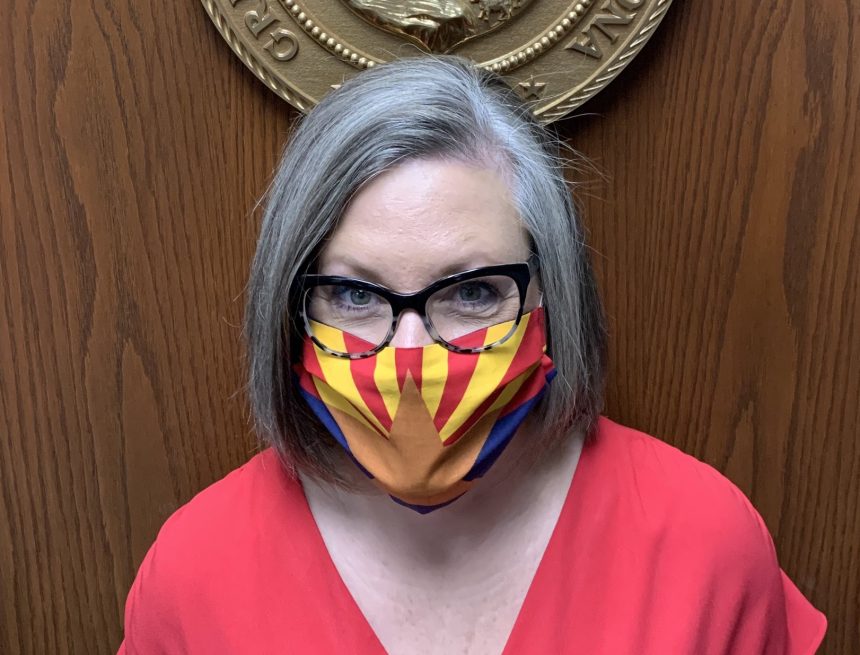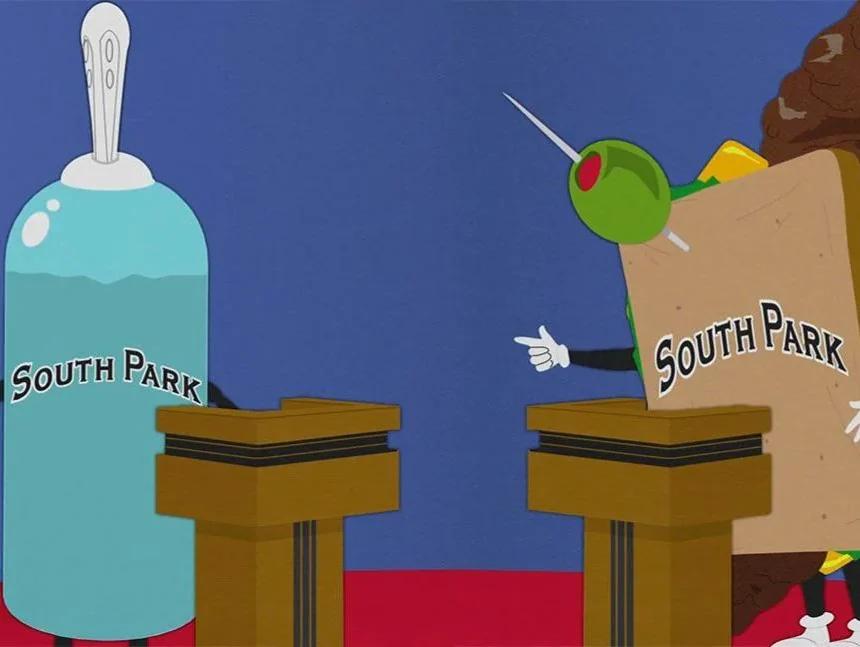The 2026 race for Arizona Attorney General is shaping up to be another “evil of two lessers” scenario — a choice between a career opportunist and a calculating establishment insider.
On one side stands Rodney Glassman, a man whose political journey is less a path and more a pinball machine. In 2010, Glassman ran as a Democrat against John McCain for U.S. Senate, directly opposing the Tea Party revolution that was sweeping across Arizona. While liberty-minded conservatives were demanding spending cuts and limited government, Glassman was parroting Obama-era talking points.
Fast-forward to the present, and Glassman is running as a Republican — this time for Attorney General. Since switching parties, he’s campaigned for nearly every statewide office that would have him, including an unsuccessful bid for Arizona Corporation Commission and Attorney General in 2022. His values, if he has any, appear to morph depending on what position he’s seeking.
Glassman’s critics argue that his Republican conversion is about convenience, not conviction. And based on his history, they’re not wrong.
But the alternative isn’t exactly inspiring.
Enter Warren Petersen, current President of the Arizona State Senate. Petersen has mastered the art of talking like a conservative while consistently undermining conservative priorities behind the scenes.
Under his leadership, major issues like election integrity, border security, and school choice were either stalled, diluted, or sacrificed during budget season to broker deals with Democrats and moderates. Despite holding the gavel, Petersen has acted more like a gatekeeper for the establishment than a champion of the grassroots.
Even the recent state budget — where Democrats walked away with massive wins while conservatives got crumbs — bore Petersen’s fingerprints. Instead of fighting to advance a bold, pro-family, pro-freedom agenda, he played it safe, prioritizing decorum over disruption.
So here we are: forced to choose between a man who’s been on both sides of the political aisle, and another who wears the GOP jersey but refuses to play offense for conservative values.
It’s not a battle of ideas — it’s a battle of ambition.
Both men want power. Neither has proven they’ll use it to defend Arizona’s embattled families, fix our broken institutions, or fight the D.C.-aligned Left that’s turning our state into California 2.0.
This is the sad reality of Arizona’s AG race: conservatives get no true choice — just two polished politicians who treat principles like campaign props.
Until we demand better, we’ll keep choosing between the evil of two lessers.






